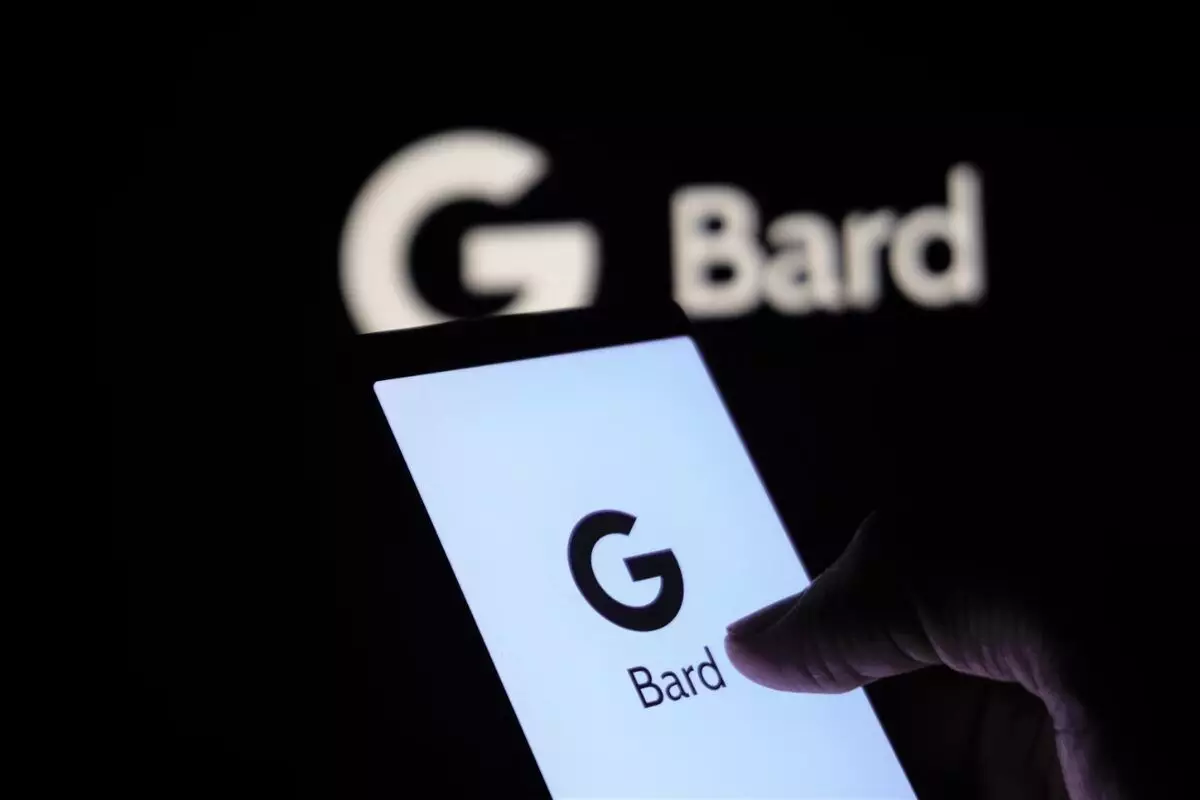In a recent report, Google Bard is said to be undergoing a significant transformation. According to a leaked changelog dated February 7th, Google’s AI chatbot, Bard, will be rebranded as Gemini. This change is not only limited to the name but also highlights the underlying foundation model that powers this intelligent chatbot. With the introduction of Gemini, Google aims to provide direct access to their AI technology for users across supported countries and languages. By renaming Bard to Gemini, Google hopes to better reflect their commitment to making their AI technology accessible to all.
Alongside the rebranding, Google also revealed the introduction of Gemini Advanced, previously known as Google Bard Advanced. This version will be a paid offering, utilizing Google’s most powerful foundational model, Gemini Ultra. With Ultra 1.0 powering the Advanced tier, users can expect a chatbot capable of performing highly complex tasks such as coding, logical reasoning, following nuanced instructions, and facilitating creative collaboration. Furthermore, Gemini Ultra will provide exclusive features and expanded multimodal capabilities, enhancing the overall user experience.
Accompanying the rebranding and the introduction of Gemini Advanced, Google announced the release of the Gemini Android app. This mobile application will be seamlessly integrated with all Google apps, allowing users to interact with the chatbot using text, voice, or images. Named the Gemini app, it serves as a gateway to experience the power of Google’s AI technology on the Android platform. Unfortunately, iOS users will have to wait, as the app is currently only available for Android devices. However, iOS users can still access Gemini through the Google app.
Prior to the rebranding, Google Bard received a substantial update that introduced an AI image generator to the chatbot. This addition allows Bard to create images, which are then marked with an invisible digital watermark developed by DeepMind called SynthID. These watermarked images serve the purpose of easily identifying them as AI-generated. This enhancement showcases Google’s continuous efforts in advancing their AI technology and improving the overall user experience.
In addition to the aforementioned updates, Google Bard is set to expand its global presence. Previously available in select countries and territories, the chatbot will now be accessible in over 230 countries and support more than 40 languages. This expansion demonstrates Google’s dedication to making their AI technology available to a wider audience, facilitating communication and interaction across diverse regions and cultures.
Google’s rebranding of Bard to Gemini, the introduction of Gemini Advanced, the release of the Gemini Android app, and the enhancements to AI capabilities mark significant milestones in the evolution of this AI chatbot. With these updates, Google aims to empower users by providing them direct access to their best family of AI models. Looking ahead, we can expect further advancements and refinements to Gemini, ensuring continuous improvements in functionality, performance, and accessibility. Google’s commitment to democratizing AI technology shines through in these developments, making way for a future where intelligent chatbots like Gemini become an integral part of our daily lives.


Leave a Reply